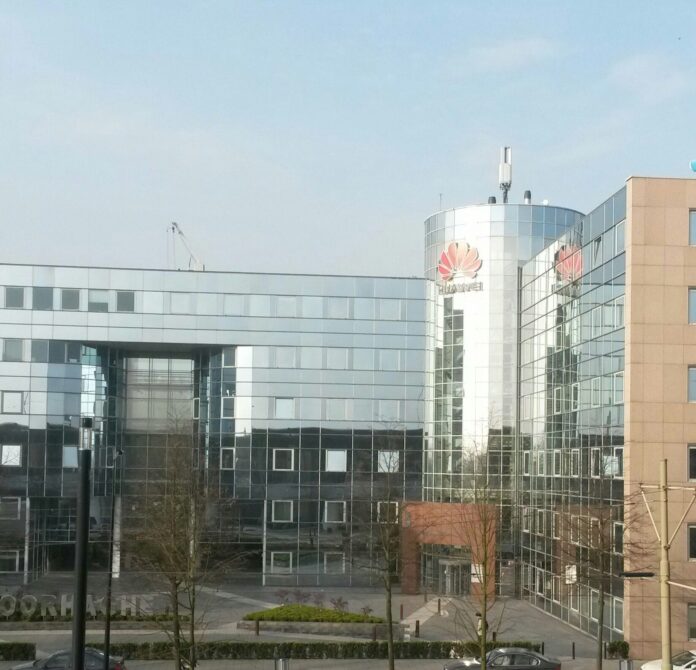The Chinese firm also targets LTE-A projects in the region
Chinese vendor Huawei said it’s seeing significant growth opportunities in the Middle East region with small cells projects, the company’s VP of international media affairs for EMEA, Ronald Sladek, told RCR Wireless News.
“Many operators within the region are already active in small cell activities and are currently in the planning and deployment stages. Currently the most common deployment scenario is indoor, but with increasing capacity and coverage requirements, both indoor and outdoor scenarios will be equally vital in the future,” Sladek said. “So far Huawei has worked on more than 180 small cell contracts worldwide, many of which have been in the Middle East. It will remain an important part of our portfolio in the coming years.”
According to the executive, Huawei has worked on approximately 17 commercial networks across the company’s Middle East business unit.
“Huawei has been working closely with leading operators [in the Middle East region] to carry out trials and tests on future LTE networks, particularly LTE-Advanced, 4.5G and 5G,” Sladek said, adding the company is starting to work with LTE-A networks in countries like the United Arab Emirates and Kuwait
The EMEA region represented 35% of the company’s overall revenue last year, an increase of approximately 20% vs. the previous year.
“For many years the Middle East in particular has been a driver of that growth,” Sladek explained. “The region is one of the fastest-growing markets for Huawei. In the last year alone we have seen incredible initiatives undertaken to move toward a more agile software-defined future, to develop new platforms and infrastructure-as-a-service, and to bolster information sharing between businesses, governments and the telco sector. This digital transformation has been widely supported through ambitious national development agendas across the Middle East.”
Sladek also said that Huawei is seeing increased ICT initiatives across all markets in the Middle East, but mentioned the UAE, Qatar and Saudi Arabia as the most mature markets in terms of ICT developments.
Within the Middle East, Huawei currently has offices across 10 countries with around 5,000 employees – over 66% of whom are local hires.

